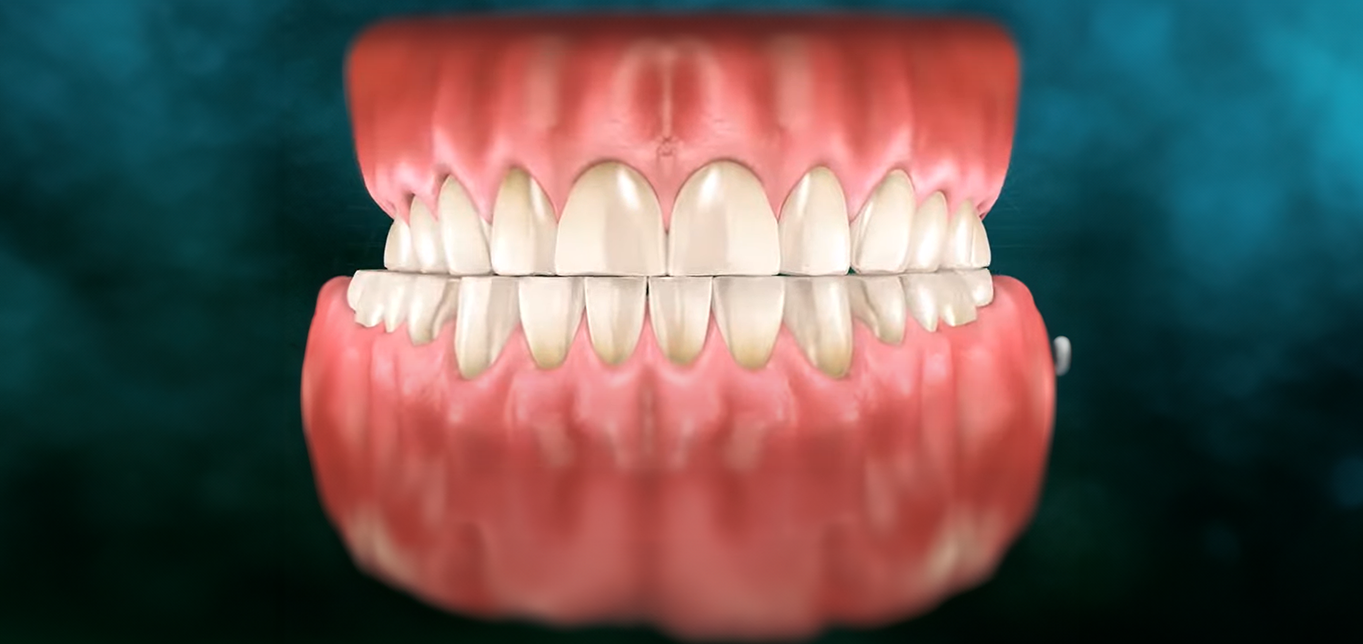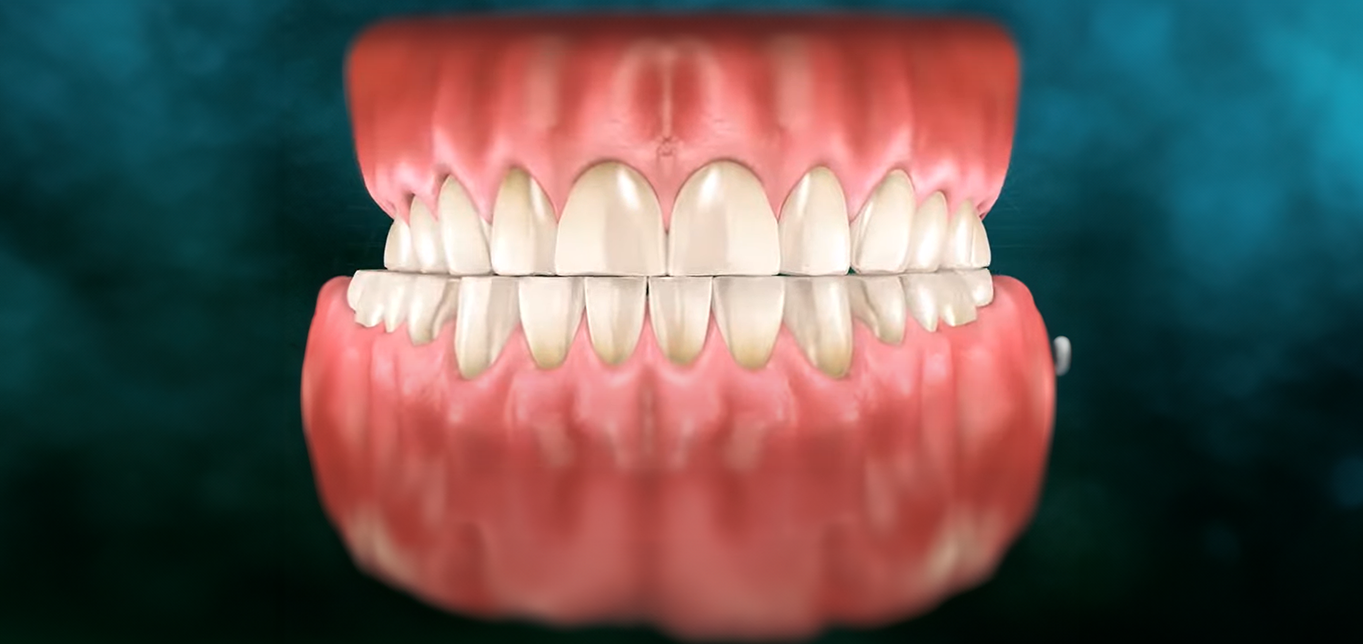Many people experiencing bruxism ask, can teeth grinding be a sign of a sleep disorder? The answer is yes—Teeth Grinding Treatment, especially during sleep, is often connected to underlying sleep issues. While occasional grinding might be triggered by stress or anxiety, consistent nocturnal grinding can be a red flag pointing to conditions like obstructive sleep apnea or other sleep-related disorders. Recognizing this link is crucial for early diagnosis and proper treatment.
Understanding the Connection Between Bruxism and Sleep Disorders:
Bruxism, particularly sleep bruxism, is considered a sleep-related movement disorder. It often occurs in cycles throughout the night, frequently in connection with periods of disrupted or shallow sleep. Research has shown that bruxism may be both a symptom and a contributor to poor sleep quality.
- Sleep bruxism affects up to 13% of adults
- Often occurs during non-REM sleep stages
- Common in people with sleep apnea, snoring, or restless sleep
- May be triggered by micro-arousals (brief awakenings)
- Can lead to disrupted sleep patterns and daytime fatigue
This link between grinding and disordered sleep means that addressing only the dental symptoms may leave the root cause untreated.

Sleep Apnea and Its Association with Teeth Grinding:
One of the most notable conditions connected to bruxism is obstructive sleep apnea (OSA). This sleep disorder causes breathing interruptions during the night and often coexists with nighttime teeth grinding.
- The body responds to breathing pauses with muscle activity, including jaw movements
- Grinding may help reopen the airway subconsciously
- People with OSA often grind their teeth just before an apnea episode
- Snoring and grinding are frequently observed together
- Treating OSA may reduce or eliminate bruxism symptoms
If you grind your teeth and wake up feeling tired or experience daytime drowsiness, it may be time to explore whether sleep apnea is a factor.
Warning Signs You May Have an Underlying Sleep Disorder:
Since bruxism can mask deeper health problems, it's important to watch for warning signs of sleep disorders. While some symptoms overlap withTeeth Grinding, others point more clearly to disrupted sleep cycles.
- Loud snoring or gasping for air during sleep
- Morning headaches or dry mouth
- Frequent nighttime awakenings or insomnia
- Daytime fatigue or trouble concentrating
- Mood changes, such as irritability or depression
These signs, combined with known bruxism, strongly suggest the need for a sleep evaluation or professional consultation.
Diagnosing Bruxism and Sleep Disorders Together:
To fully understand whether your is a sign of a sleep disorder, proper diagnosis is essential. A dentist may spot signs of bruxism, but a sleep speci teeth grindingalist can assess the broader picture.
- Dental exams may reveal worn enamel or bite marks
- Sleep studies (polysomnography) monitor jaw activity, breathing, and brainwaves
- At-home sleep tests may also be available
- Collaboration between dentists and sleep doctors improves outcomes
- Early diagnosis helps prevent complications like TMJ and severe fatigue
By treating both the grinding and the underlying sleep disorder, you can restore better sleep and long-term oral health.
Treatment Options for Grinding Caused by Sleep Disorders:
If your bruxism is linked to a sleep disorder, a comprehensive treatment approach is necessary. Treating the sleep issue often helps reduce or eliminate grinding altogether.
- CPAP therapy: Used for sleep apnea to keep the airway open
- Mouthguards or night guards: Protect teeth during treatment
- Lifestyle changes: Weight loss, reduced alcohol intake, and quitting smoking
- Stress management: Helpful if anxiety contributes to both grinding and sleep problems
- Medication: In some cases, muscle relaxants or sleep aids may be prescribed
Working closely with healthcare professionals ensures that both your dental and sleep health are addressed effectively.
So, can teeth grinding be a sign of a sleep disorder? Absolutely. Grinding is not always just a dental issue—it can signal deeper problems related to the quality of your sleep. If you're experiencing symptoms of both bruxism and disrupted rest, a proper diagnosis is the first step toward relief. Seeking help from both a dentist and a sleep specialist can provide the comprehensive care needed to improve both your oral health and sleep quality.

